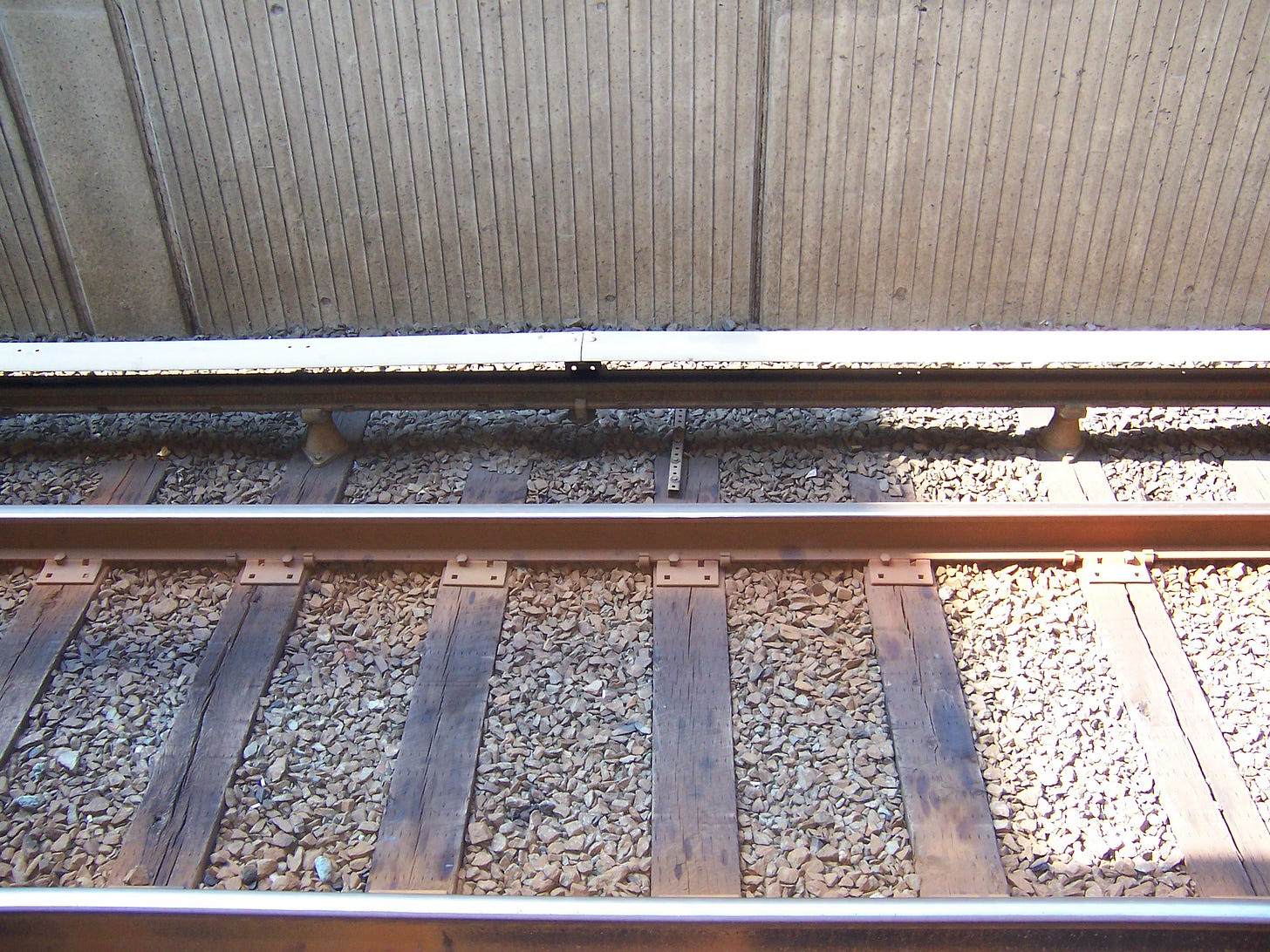House Republicans Touched The Third Rail
They think Medicaid's a poverty program for losers who don't vote. They're in for a rude surprise.
Go ahead and touch it. I dare you.
If you touch the electrified third steel rail on a subway track, you die. For 33 years Social Security and Medicare have been identified as the third rail of American politics. It isn’t necessarily bad policy to reduce net spending on these programs (I’m for much higher taxes on Social Security benefits given to people with high incomes), but it’s very bad politics, because the elderly are a very powerful constituency—indeed, more powerful today than they were when Tip O’Neill’s aide Kirk O’Donnell came up with this metaphor, which is now a cliché. What House Republicans who just voted for Trump’s Big, Beautiful reconciliation bill don’t seem to grasp is that while they weren’t looking Medicaid became a third third rail in American politics. In my latest New Republic piece, I explain how a poverty program that started out as a stepchild of Medicare expanded over the years to encompass more beneficiaries than Medicare and to become very politically popular, even among Republican voters. (The former Rep. Henry Waxman, a first-rate Democratic legislator from California, played a significant role.) You can read it here.




